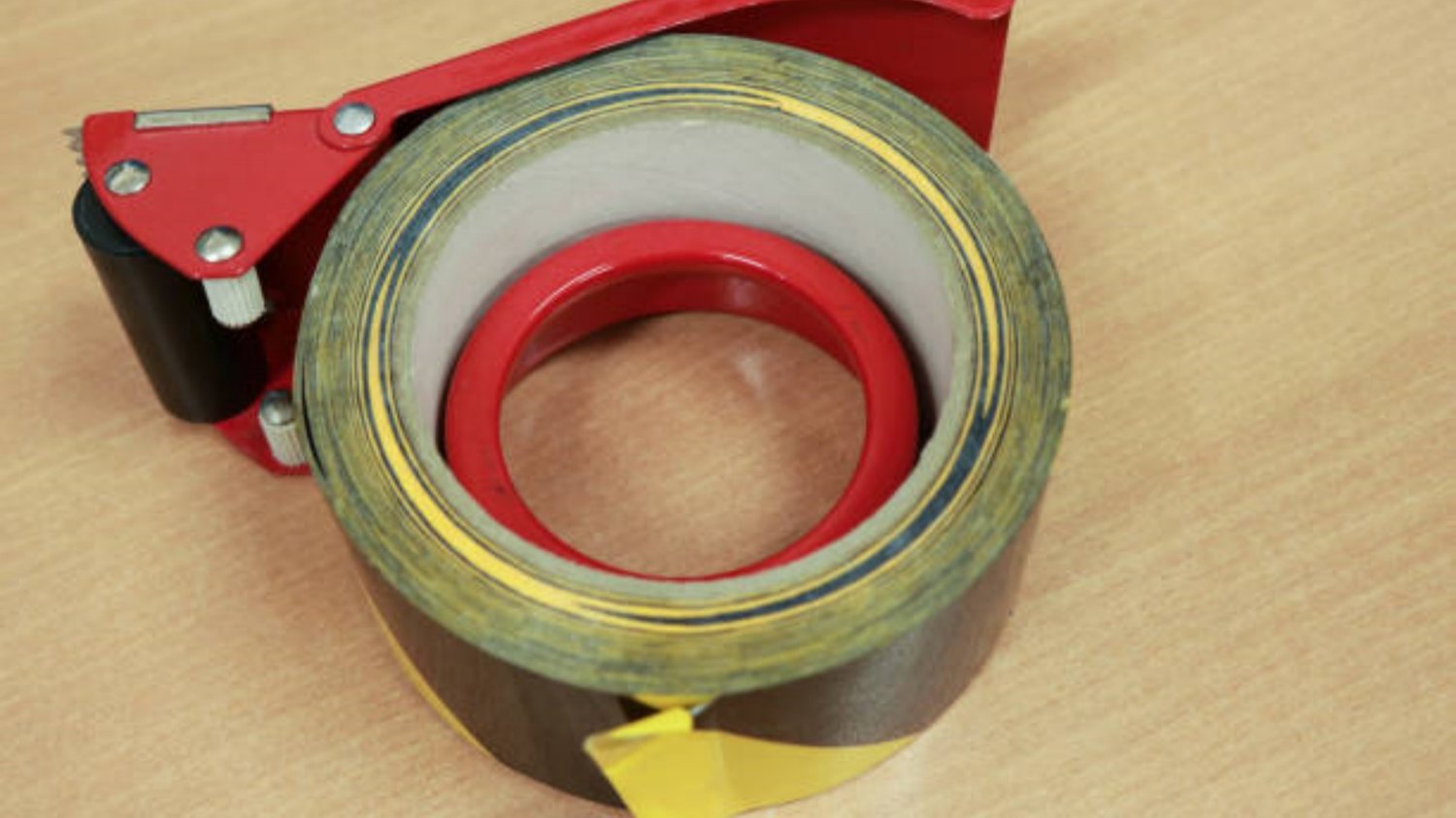Polyurethane Impeller vs Rubber Impeller: A Comprehensive Comparison
Introduction:
When it comes to impellers, two popular materials are often used in their construction: polyurethane and rubber. Both materials have their unique qualities and applications. In this article, we will delve into the differences and similarities between polyurethane impellers and rubber impellers, helping you make an informed decision for your specific needs.
1. Durability and Longevity of Polyurethane Impeller & Rubber Impeller
Polyurethane impellers are known for their exceptional durability and longevity. They can withstand harsh conditions, including high temperatures, abrasion, and chemicals, without losing their performance. On the other hand, rubber impellers are also durable but may wear out faster when exposed to certain chemicals and extreme temperatures.
2. Performance in Abrasive Environments
In applications where abrasion is a concern, polyurethane impellers shine. They have excellent resistance to abrasion, making them ideal for pumping abrasive fluids, such as slurries and wastewater. Rubber impellers, while still capable of handling some level of abrasion, may not offer the same level of resistance as polyurethane.
3. Chemical Compatibility of Polyurethane Impeller & Rubber Impeller
Polyurethane impellers exhibit good chemical resistance, making them suitable for a wide range of fluids, including acids, bases, and solvents. However, certain aggressive chemicals may cause degradation over time. Rubber impellers, on the other hand, are generally more chemically resistant but may not perform well in contact with certain oils and solvents.
4. Temperature Tolerance of Polyurethane Impeller & Rubber Impeller
When it comes to temperature resistance, polyurethane impellers have a broader range compared to rubber impellers. Polyurethane can withstand both low and high temperatures, making them suitable for applications where temperature fluctuations are common. Rubber impellers have more limited temperature tolerance and may degrade or lose their elasticity when exposed to extreme heat or cold.
5. Noise and Vibration of Polyurethane Impeller & Rubber Impeller
Polyurethane impellers are known for their ability to reduce noise and vibration. Their unique material properties help dampen vibrations, resulting in quieter operation. Rubber impellers also offer some level of noise reduction, but they may not be as effective as polyurethane in this aspect.
6. Cost-effectiveness of Polyurethane Impeller & Rubber Impeller
In terms of cost-effectiveness, rubber impellers often have a slight advantage. Rubber is generally less expensive than polyurethane, making rubber impellers a more budget-friendly option. However, it's important to consider the specific requirements of your application, as the longevity and performance of polyurethane impellers may outweigh the initial cost difference in the long run.
7. Flexibility and Elasticity of Polyurethane Impeller & Rubber Impeller
Polyurethane impellers offer excellent flexibility and elasticity, allowing them to adapt to various pumping conditions. They can withstand bending and stretching without losing their shape or performance. Rubber impellers also exhibit good flexibility but may not have the same level of elasticity as polyurethane.
8. Maintenance and Replacement
Both polyurethane and rubber impellers require regular maintenance to ensure optimal performance and longevity. However, when it comes to replacement, polyurethane impellers may have an edge. Their durability often results in longer intervals between replacements, reducing downtime and maintenance costs.
9. Environmental Impact of Polyurethane Impeller & Rubber Impeller
When considering the environmental impact, polyurethane impellers are generally considered more eco-friendly. They can be recycled and reused, minimizing waste. Rubber impellers, while not as easily recyclable, still have a lower environmental impact compared to some other materials.
10. Application-specific Considerations
When choosing between polyurethane and rubber impellers, it's crucial to consider your specific application requirements. Factors such as fluid properties, temperature range, abrasion levels, and chemical compatibility should all be taken into account to determine the most suitable impeller material.
Polyurethane impeller vs rubber impeller, polyurethane impeller, rubber impeller, impeller materials, impeller comparison, durability, abrasion resistance, chemical compatibility, temperature tolerance, noise reduction, cost-effectiveness, flexibility, maintenance, environmental impact, application-specific considerations Polyurethane Impeller vs Rubber Impeller: A Comprehensive Comparison Discover the differences and similarities between polyurethane impellers and rubber impellers. This comprehensive comparison explores durability, chemical compatibility, temperature tolerance, noise reduction, cost-effectiveness, flexibility, maintenance, and more.

